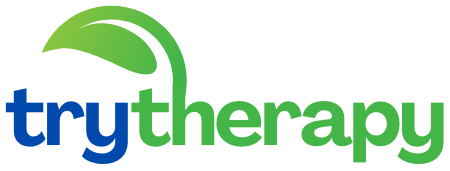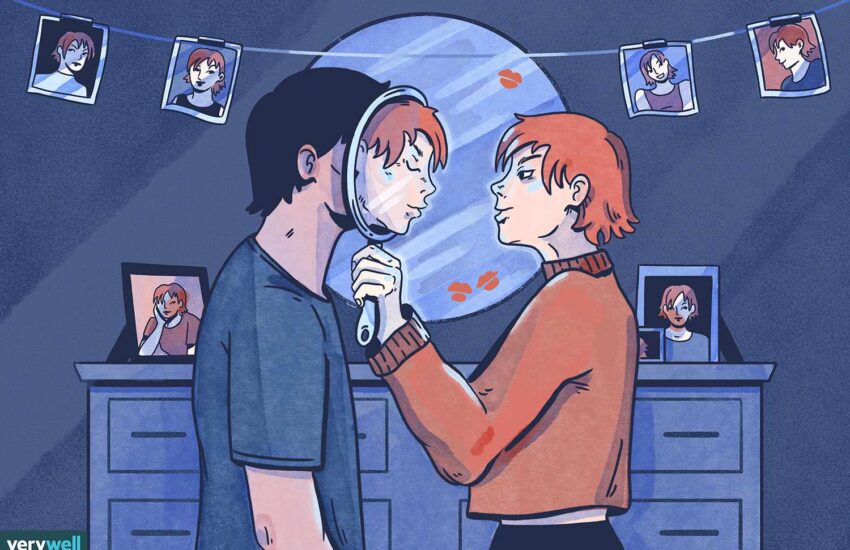Discover how Jungian therapy and the collective unconscious can transform personal struggles into universal connections, blending ancient wisdom with modern self-discovery. The first time I stumbled upon Carl Jung’s idea of the collective unconscious, I was sitting in a dimly lit library, nursing a lukewarm coffee. A dog-eared book fell off the shelf literally and opened to a page describing ancestral memories we all supposedly share. I remember scoffing. Shared memories? Universal symbols? It felt like mystical mumbo-jumbo until I started noticing patterns in my own life.
Why Your Personal Struggles Might Not Be Entirely “Yours
Here is the thing: we grow up thinking our anxieties, dreams, and quirks are uniquely ours. But what if they are echoes of something older? Jungian therapy digs deeper than Freud’s focus on childhood traumas or repressed desires. It suggests that beneath our personal baggage lies a collective unconscious, a psychic basement packed with archetypes and symbols every human inherits, like psychological DNA.
Once, during a therapy session, I described a recurring dream about climbing a mountain while being chased by a shadowy figure. My Jungian therapist did not ask about my mother. Instead, she wondered aloud: “Could that mountain be your ‘Hero’s Journey’? Is the shadow chasing you maybe part of you?” That shift from my problem to our human story changed everything.
Archetypes: The Hidden Patterns Shaping Your Life
Jung believed archetypes are universal characters stamped into our psyches. The Hero, the Rebel, the Nurturer, the Shadow they pop up in myths, movies, and that coworker who always plays the victim. The kicker? These patterns shape how we see the world without us realizing it.
Take the Shadow archetype. We all have one of the traits we bury because they feel too ugly or selfish. I learned this when I kept nitpicking a friend’s “selfishness.” My therapist gently asked, “Where might you be ignoring your own needs?” Oof. Turns out, my judgment was a mirror. Jungian therapy is not about fixing “flaws” but befriending them. Integrating your Shadow sounds intense, but it is just acknowledging that light and dark coexist in all of us.
Dreams, Art, and Talking to Your Unconscious
Jungian techniques feel more like creative projects than clinical exercises. Dream analysis becomes detective work. I once painted a chaotic dream about drowning in an ocean cliché, I know. My therapist pointed out the water’s dual meaning of destruction and rebirth. “Maybe you are not drowning,” she said. Maybe you are being reshaped.
Active imagination, a fancy term for daydreaming with purpose, is another tool. I tried it after a breakup, mentally “meeting” my sadness as a stormy figure. We talked, yes, really . It felt silly until I realized I was dialoguing with my Anima, the feminine energy Jung says lives in every man’s psyche. Weird? Maybe. Healing? Absolutely.
Why Jung’s 100-Year-Old Ideas Still Matter Today
In our age of TikTok and AI, why care about century-old psychology? Because loneliness is an epidemic. We scroll through curated lives, feeling more disconnected than ever. Jungian therapy offers an antidote: belonging to a story bigger than your Instagram feed. Research shows it is especially effective for existential crises such as “What’s the point?” moments because it links personal pain to timeless human experiences.
A client once told me, “Learning about archetypes made me feel less crazy.” I get it. When I discovered my perfectionism mirrored the Tyrant archetype, a fear of chaos masked as control, I stopped fighting myself. I started to get curious.
The Takeaway: You Are Never Really Alone
Jungian therapy is not about swapping your reality for mystical theories. It is about recognizing that your battles with anxiety, identity, purpose have been fought by countless humans before you. Your story matters precisely because it is *not* entirely unique.
So next time you have a bizarre dream or a deja vu moment, ask: Could this be the collective unconscious whispering? Maybe that strange sense of familiarity is not just in your head. Maybe it is in all of ours.
References
Jung, C.G. (2014). The Archetypes and the Collective Unconscious. Princeton University Press. https://press.princeton.edu/books/paperback/9780691018331/the-archetypes-and-the-collective-unconscious
International Association for Analytical Psychology. (2023). Research in Analytical Psychology. https://iaap.org/research
National Institute of Mental Health. (2024). Psychotherapy Approaches. https://www.nimh.nih.gov/health/topics/psychotherapies
Journal of Analytical Psychology. (2023). Contemporary Applications of Jungian Analysis. https://onlinelibrary.wiley.com/journal/14685922

